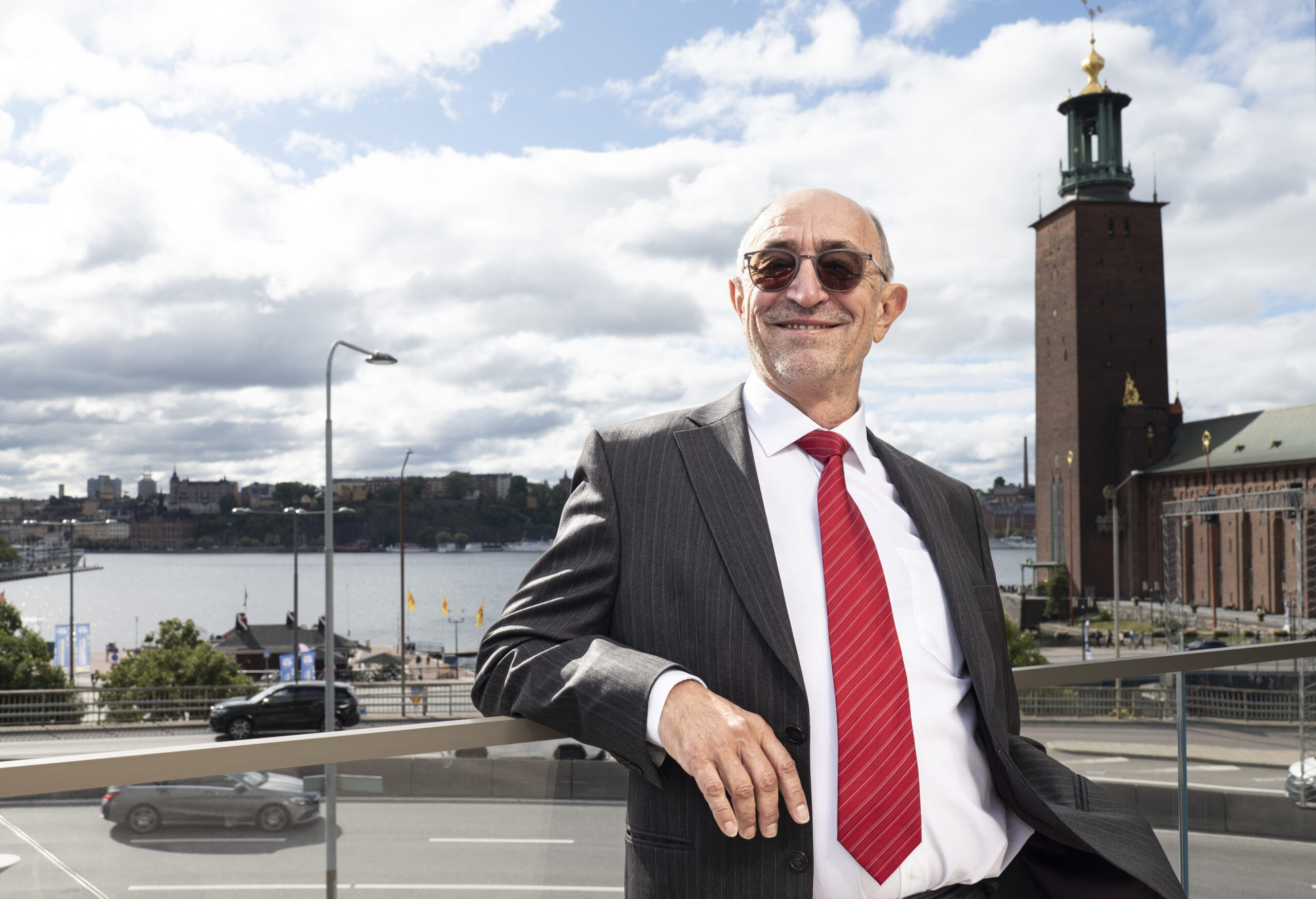The child who built dams in mountain streams went on to reshape the world’s understanding of floods, climate, and water risk.
“Water is not just a physical phenomenon. It connects people, places, and processes.” So says the 2025 Stockholm Water Prize Laureate, Professor Günter Blöschl, whose groundbreaking work has transformed how we understand, predict, and manage floods in a changing climate.
A lifelong fascination with water
Growing up in Vienna, Günter Blöschl’s fascination with water began in childhood—watching streams change shape, building small dams on mountain creeks and beaches. One of my favourite pastimes was trying to shape the flow,” he says. “In hindsight, you could say these were early explorations into water science and engineering.” Later, at university, he discovered that these patterns could be explained through physics and hydrology—a turning point that set him on a path to global influence. Today, he leads the Institute of Hydraulic Engineering at Vienna University of Technology and supervises a diverse international doctoral programme.
Rewriting the science of floods
Blöschl is the founder of regional process hydrology, a new scientific field that bridges detailed local water studies with broader regional patterns and human impacts. He developed a 500-year database of European flood data—revealing that the past three decades have been among the most flood-prone in half a millennium. What’s different now is that this is happening during a warming phase, not a cooling one,” he notes. “Climate change doesn’t cause more floods everywhere—it changes how and where they happen. His work shows that understanding floods requires attention to local conditions—from snowmelt to storm patterns—as well as how societies respond to risk.
From theory to safety
Blöschl’s science is not confined to research papers. His flood forecasting tools are operational in several European countries and were critical during the 2024 Central European flood. Behind every hydrograph is a community, a home, a life. That awareness changes how you approach the science – it becomes responsibility. During the flood, reservoir operations in Austria were adjusted in real time based on his system—avoiding greater devastation downstream.
Hydrology meets humanity
Blöschl also co-founded sociohydrology, which explores how societies and water systems co-evolve. Water problems are never just hydrological. They are social, economic, and political. His work has influenced flood policy and dam design, showing how public memory, land use, and institutions shape long-term risk.
A global collaborator, and a mentor
Although this is his first time attending World Water Week, Blöschl has worked with Swedish researchers for many years, particularly on flood modeling and decision-support tools. Sweden’s approach—interdisciplinary, grounded in practice—resonates strongly with my own values as a scientist.
Of the award, he says:
This is not just a personal milestone. It’s a platform to amplify the message that hydrology must serve society. The work is far from done. He continues to mentor young researchers around the world and encourages them to be curious, interdisciplinary, and grounded in real-world relevance. There are 23 grand challenges in hydrology. They’re not just puzzles—they’re invitations to make a difference.
